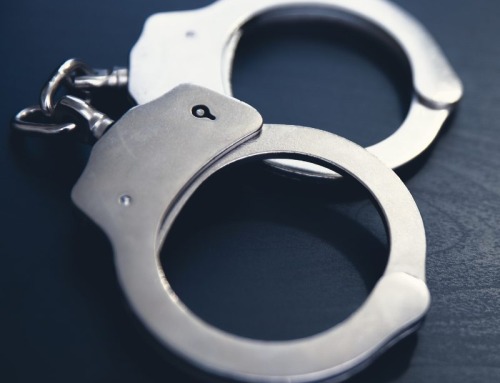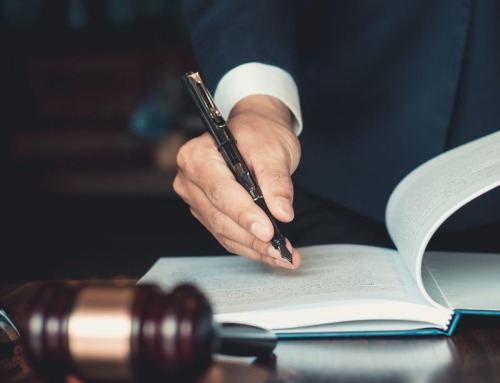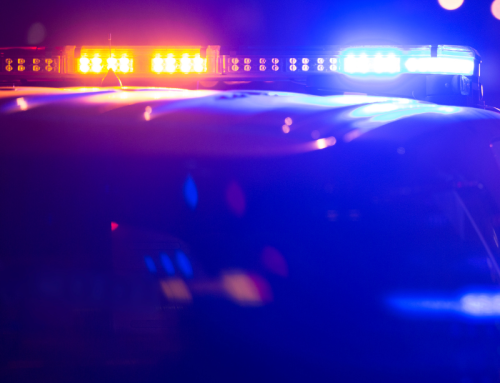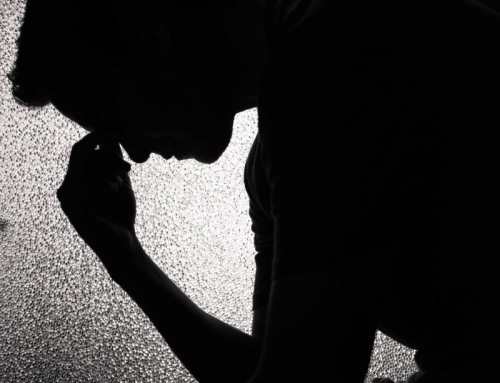So you’ve been asked in for a police questioning. You might be wondering, do you have to attend? And if you do attend, do you have to answer their questions? Can you have a lawyer present?
It’s not always easy to tell what your rights and responsibilities are in these situations. Below you’ll find all the information you need to know to ensure your best outcome.
Do I have to attend a Police Interview?
Police interviews can occur whether or not an arrest has occurred. Where a person is asked to participate in a police interview without an arrest, they may turn down this request. If you are under arrest then your attendance is no longer voluntary however you are still not required to take part in an interview.
If you attend a police interview you do not have to answer any questions other than your name, address, and date of birth. You have a right to silence, and you should be reminded of this in a caution by the officer.
This caution should warn you of the following:
- You do not have to say or do anything you do not want to,
- Anything you say or do can be used as evidence against you, and;
It is important to understand that there is no such thing as an informal or “off the record” police questioning once a caution has been given. All police interviews conducted can be used as evidence against you and so you should not take part in a police interview without firstly obtaining legal advice.
The right to silence affords you the chance to avoid saying something that could incriminate you.
You have every right to call and have a lawyer present with you during a police interview. If you are called in for questioning you should firstly obtain legal advice which may include that you not take part or that you do so only with a lawyer present.
What are the rights of minors in police interviews?
Police interviews where the subject of the interview is under 18 should only proceed where a responsible adult, other than the police officer is present. This may be a parent, guardian, youth worker, or solicitor.
Can remaining silent during a police interview be used against me?
Generally, exercising your right to silence cannot be used against you and would not be used as evidence in court as no unfavourable inferences can be drawn from it.
However, this is not the case where you are being charged with or are suspected to have concealed a serious indictable offence and you have been given a special caution prior to the interview. A serious indictable offence is any offence with a maximum penalty of five or more years imprisonment. A special caution is required to be given by police in the presence of a lawyer who has the opportunity to advise you with respect to the impact of the special caution.
This is a significant departure from the general principle of a right to silence as in those circumstances the prosecution can inform the jury of your silence and ask that inferences be drawn where you have failed to mention any fact which is later attempted to be relied upon in your defence. The added complexity created by this exception serves to reinforce the simple message which is that you should not take part in a police interview without first obtaining legal advice.
If you or someone you know is facing criminal charges or has been asked in for a police interview you can contact our specialised Criminal Law team for advice on 9525 8688.






